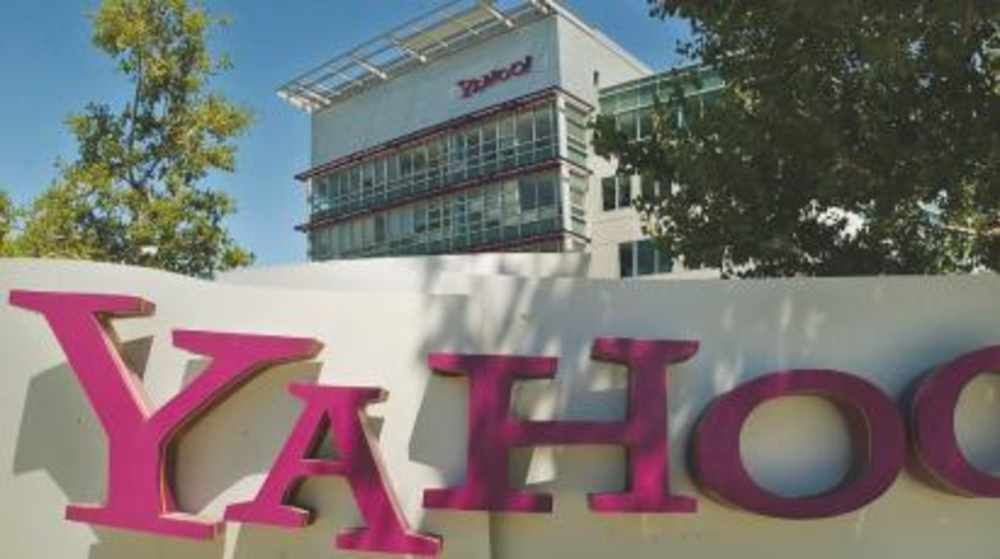Yahoo’s announcement that it will cut 10% of its work force ? at least 1,500 employees ? following a poor third quarter performance has prompted an increase speculation regarding the proposed Yahoo-Google ad partnership.
The job cuts, which will take place in the fourth quarter, mark the second time this year that Yahoo, the second largest search engine in market share, has resorted to extensive layoffs to curb its stock market slump.
The company earned $54 million in net income for the third quarter ? down 64% from this period in 2007, when net income was $151 million.
Yahoo also said its goal for Q4 was to cut $400 million from its annual cost run rate of $3.9 billion, and the company may close some of its US offices and increase outsourcing.
Last week, Google also released Q3 earnings but, despite the current economic climate they were stronger than Yahoo’s. The search giant made $1.35 billion in net income, up from $1.07 billion in 2007.
There is still much speculation about the state of the Google-Yahoo partnership allowing Yahoo to have access to Google’s AdSense ad programs, which enable publishers to display Google ads on search results pages. The deal, announced in June, was offered to the US Department of Justice for a four-month review. That review was extended on October 3 with no clear deadline.
The partnership comes as a welcome opportunity for Yahoo, which rejected a takeover bid from Microsoft earlier this year.
Yahoo would immediately benefit from the deal by allowing its search results to display more advertisements on a page. But it still has not made clear exactly what effect the partnership would have on the search advertising market ? an issue which has led to industry-wide skepticism.
The proposed deal concerns Bob Liodice, president and CEO of the Association of National Advertisers.
“We can’t just paint the market with a broad brush and say ‘advertisers will benefit,’ but how many advertisers?” Liodice asked. “I’m not expecting everybody to benefit, but [Google and Yahoo] have to give us a sense of what the benefit will be.”
According to Google, the agreement will help advertisers by serving more relevant ads to consumers, thereby converting more clicks and improving ROI. However, some fear that ad prices, although based on an auction system, would be raised. A study by search marketing firm SearchIgnite predicted that Yahoo’s keyword prices could go up as much as 22%.
“The report fails to acknowledge that ad prices are not set by Yahoo or Google, but by advertisers themselves, through the auction process. The report also mistakenly claims that for any given keyword, Yahoo will have the ability to see whose ads are priced higher — Yahoo’s or Google’s — and then decide which ads to serve,” Google responded in a statement on its microsite devoted to questions about the deal.
The auction process has also been unclear for some, because of a “quality score ‘black box’ that everyone’s advertising goes through and… very few people understand,” Liodice said.
Google acknowledged this in its Q3 earnings conference call.
“We’ve been making a concerted effort to try to educate people more about how our model works,” Hal Varian, Google’s chief economist, said. “We were a bit surprised that even people using AdWords didn’t necessarily understand how and why it functions the way it does. We’re trying across the board to communicate better with all the sectors we work with.”
Google’s AdWords allows advertisers to display pay-per-click ads on its advertising network.
Another major concern is the possibility the partnership may create a monopolistic situation in the search ad space. Google claimed 62.9% of the marketshare for September, while Yahoo came in with 20.2%, according to ComScore, so some advertisers fear the partnership would undercut competition, one of the main concerns of the Justice Department.
“We are continuing to have cooperative discussions with the Department of Justice about this arrangement and agreed to a brief delay in implementing the agreement while those discussions continue,” Google said in an e-mail to DMNews. “We are confident that the arrangement is beneficial to competition, but we are not going to discuss the details of the process.”
“I think Google would have made a bid for Yahoo by now if they thought they could get the deal through [the Department of Justice],” said Noah Elkin, VP of corporate strategy for digital marketing agency Steak.
“The potential concentration of power, candidly, is the most concerning,” Liodice added. “When that much of the search marketplace is being influenced by Google… I don’t know what you’d call that, but I call that uncomfortable.”
Another big question is the long-term results of the agreement.
“[The deal will] give Yahoo short-term revenue by giving them the opportunity to display better performing ads, but it doesn’t do anything to necessarily improve Yahoo’s competitive position in search,” Elkin noted.
For its part, Yahoo co-founder and CEO Jerry Yang said in the company’s Q3 earnings conference call, “We look forward to bringing the benefits of this pro-competitive agreement to the marketplace as soon as possible.”
But for right now, the industry can only wait to hear the verdict from the DOJ.
“We’re holding steady as it has been strongly rumored that a decision is imminent,” Liodice said. “When we have the decision, we can judge what the appropriate next steps will be.”








